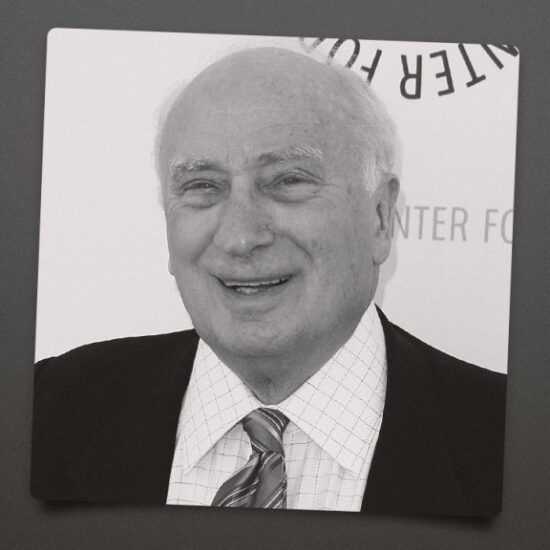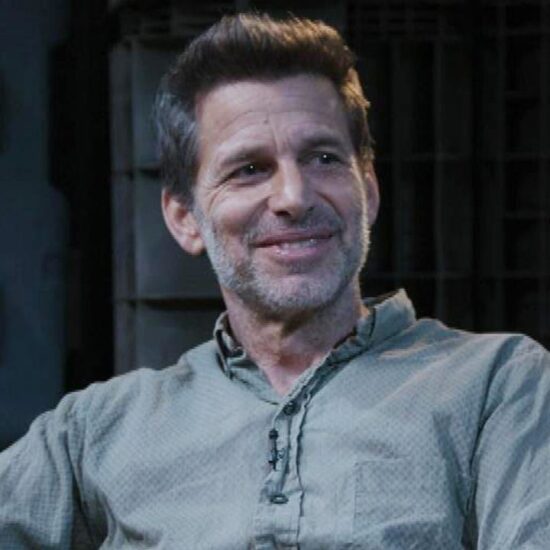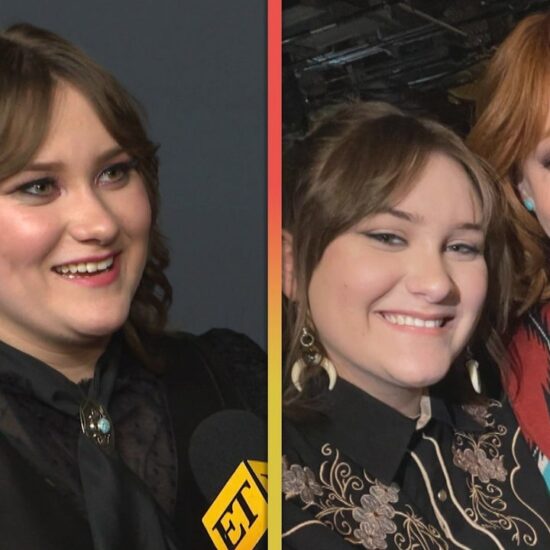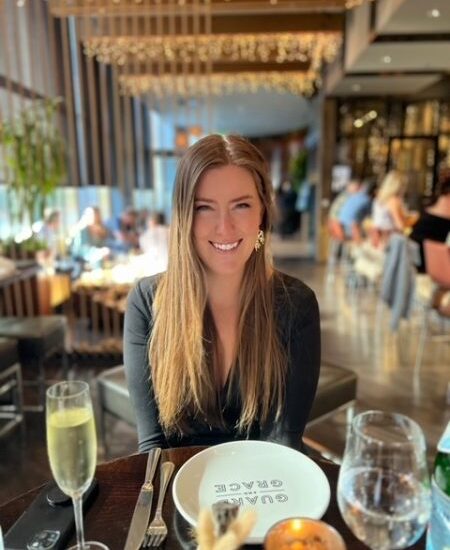
During Josie Ho’s recent visit to London as part of Odyssey 2023, I had the pleasure of interviewing her at the National Film and Television School, invited by the annual film festival’s organiser.
Hong Kong-born Josie Ho is an actress, executive producer, singer, and fashion designer who has been in over 50 films since her debut in 1994. She currently finances and produces cutting edge international projects via her company 852 Films, including a forthcoming feature film “Mother Tongue” collaborating with British director Mike Figgis.
Josie is best known for her work on screen – having starred in blockbuster movies in Hollywood such as Steven Soderbergh’s ‘Contagion’ and other leading and award-winning roles across several Chinese and Hong Kong based films. Josie is one of the only Hong Kong based artists working on the international stage and will next appear in Roger Avary’s (co- writer of Pulp Fiction and Reservoir Dogs) new play Lucky Day and is also co-producing and starring alongside Jonathan Rhys Myers in a new period biopic Edge of the World..
How did you get into the business?
Well, in highschool I was a volleyball team captain, I was the number one setter (the player who runs the team’s offense). And, soon after I had finished high school in a rare chance encounter whilst out clubbing I bumped into this guy, Andy Wing-Keung Chin. He was a film director and he was trying to round up a bunch of girls to shoot a volleyball movie (Victory) and he said to me, “Josie, I heard you play volleyball”. That was it!
I said ‘yes’ and he asked me to come and work on the set as an actress. I thought, Yeah, why not? So, in that movie, because I played volleyball and I could also dive, I asked to do my own stunts. It was a lot of work and a lot of fun. After working in the Philippines on ‘Victory’ I was given lots of offers. In general, they were quite light hearted projects and I wanted to portray more sophisticated characters; roles with more weight to them. So I started to go to acting classes and to do plays in Hong Kong with a group called Zuni. They performed all over the place and were very avant garde. I also worked with a New York Theatre director in Hong Kong. He chose me to play the lead role. It was during this rehearsal process that I learned a lot about acting. He was like a mentor and it was a great training ground.
I was like a sponge soaking everything up in those early days. I’m also curious and observe everything; each process that goes into the creation of something. If you’re like that you will learn quickly. And classical theater really is a great training ground in that regard. Also, I know I was a lucky girl to have these experiences at the beginning of my career. But you take what you get and you make the most out of it.
How has East Asian cinema changed globally since you started out?
Well, things have turned 180 degrees, they have totally changed and are this East Asian Cinema is much more widely accepted. Especially with what is coming out of Korea. These films and TV shows are very good. A lot of the filmmakers went to America for film school. The governments fully support them with all their economical needs. Coming from film schools really gives you a great background in the craft and theory of filmmaking and they come out with these big ideas but don’t always get the same budgets as the American studios. These restraints give people the chance to do things innovatively and to experiment. They come out of film school and make big commercial projects but I don’t think places like Korea or Japan are really into that or don’t have the scope for it. They want to show the culture and people in an interesting way. Korea certainly is putting lots of money into film and TV. And what the government is doing is working as people are really taking notice. It is an asset for the country.
Outside of Korea Is there a lot of funding for films in Hong Kong or other parts of Asia?
In Hong Kong, China, Japan or Thailand the Governments don’t put so much funding into film. It is hard to look for money. So, these filmmakers have to get creative.
There is, of course, a commercial aspect to filmmaking but in countries where it is hard to find funding the filmmakers have become very good at shooting these bigger films with the mindset of an indie film which creates a really nice energy to the projects. And it is probably why they’re so successful – they are creative. And every choice is carefully considered.
A Guilty Conscience is a film made by a Hong Kong director (Jack Ng) who has a commercial background but he utilized the budget really well and to save money he shot it like an independent film. And this film made over (HK $)100 million. Hong Kong doesn’t have the audience/population to get that kind of return but people went to see it 2-3 times or even more. It really connected with audiences.
I also think Asian cinema has learned a lot from Japan. I think the abstract and crazy ideas still come from there and really influence what can be put on film.
What advice do you have for film makers looking for funding?
When you look for funding some studios or financiers will always try to make your idea as commercial as possible. I understand why (they want their money back). And the filmmakers may listen and go with the idea of making it more commercially appealing to get the project made. But in my opinion this kills it. Tread carefully and keep those ideas that are close to you. That’s what will make the film great.
I really like the director Tsui Hark. He has been making films since the 1980s and he is still making films. He does big films but he is still original and keeps his voice. He can still be eccentric. Check out his work as a good example of what I mean.
How important is independent film these days with the rise in streaming platforms?
I think independent film is a platform that showcases a lot of new directors and new ideas. And it’s important because it is obviously trying to push the boundaries and it is edgy. It is how we make new discoveries, right? Without the edge the mainstream industry will become stale and boring. All the top filmmakers take all their best ideas from indie films.
Do you have any tips for Independent filmmakers?
I made a film called ‘Dream Home’. I don’t know how much money it made but I still get asked about it. It was a great experience. That’s the most important thing.
Inspiration comes from everywhere. From books, TV, Society, the news, music, art, clothes, accessories or perhaps private stories from people you’ve met and shared a moment with. Or something from your own life. Whatever you do or find, remember not to take it too seriously. Keep the humor alive within yourself. This is an art form at the end of the day and it is about playing. Big business can be too serious.
However, if you’re trying to raise money these days you have to be clever. You may have an opinion about society and want to stamp that on the film but tread a fine line. You don’t want to upset anyone, especially anyone that might finance your film. People are very cautious these days. You’ve got to be very skillful when pitching your film.
I alway like it when there is some violence and black humor in films so try to get that in there. I always loved Edgar Wright’s film ‘Shaun of the Dead’. That gets the balance just right and still makes you laugh.
That’s what 852 films (Josie’s production company in Hong Kong) are looking for. Films that are funny and don’t really hurt anyone.
Tell me a little about 852 films.
And our idea is to pull East and West together and to mix the two cultures together in film. Life is full of absurdities and I want more people to be talking about the absurd things in life as not enough people talk about these things.
Odyssey: a Chinese cinema season is an annual film festival presented by UK-China Film Collab.. This year’s theme focuses on ‘Global Sustainability’ and it opened on 26 May at the Battersea Power Station with Finding Bliss: Fire and Ice, a feature documentary produced by Josie.
Phillip is a director/producer and has been connected to Raindance since 2011 after winning Best Series for The Vessel Series. Through the years he helped curate Webfest at Raindance. Currently he is running Flip Films based out of London. @filmsflip on Instagram














